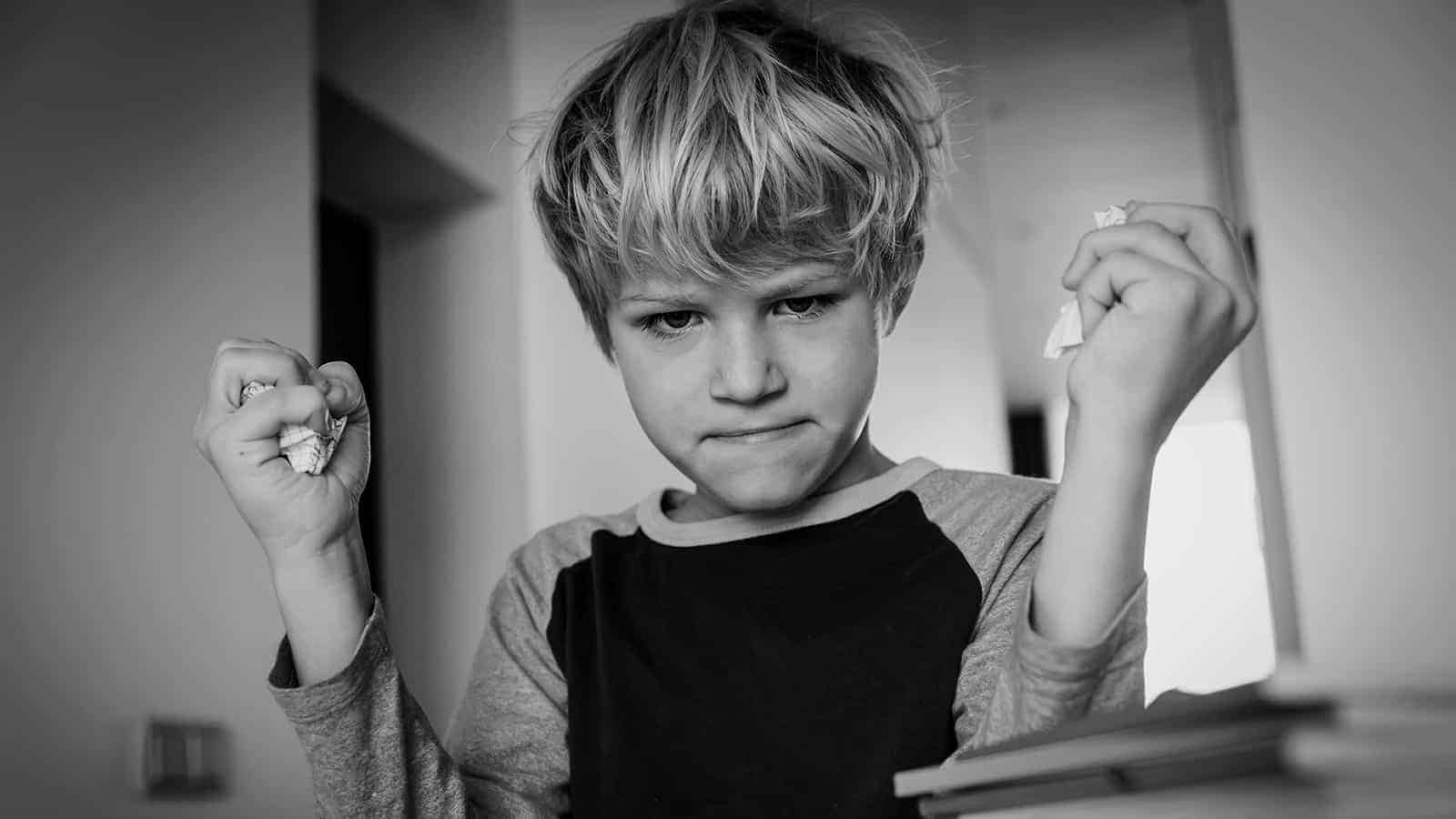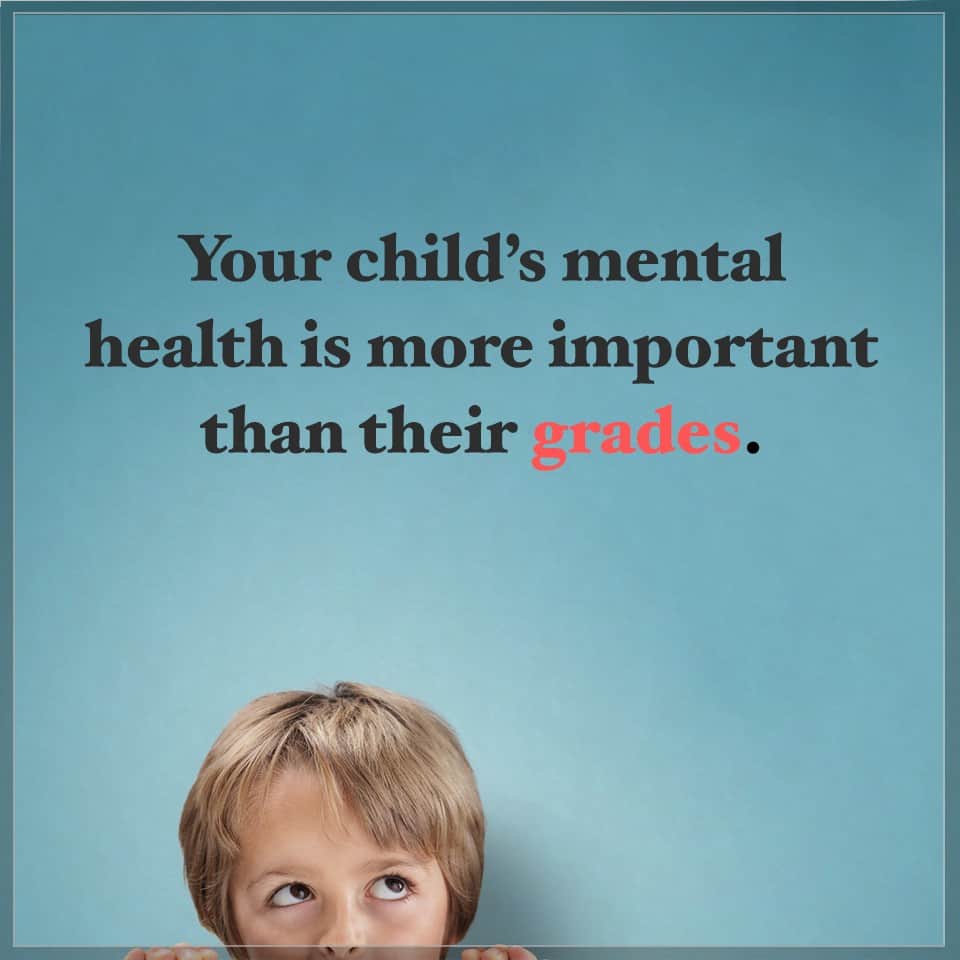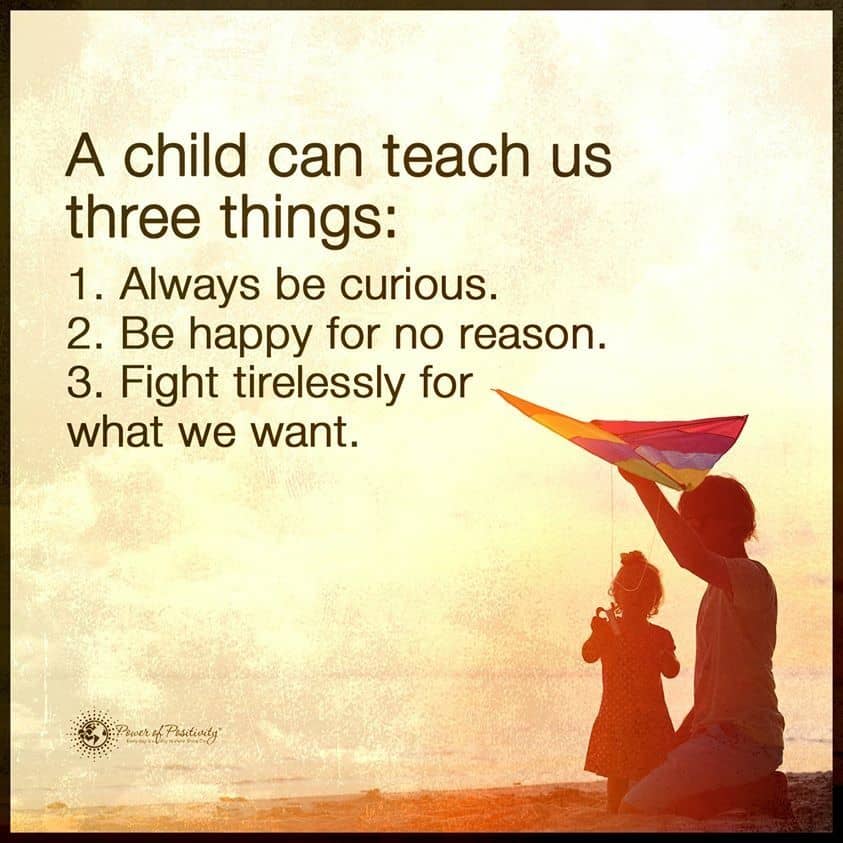All children are impulsive and fearless as they explore the world. But what causes some children to display impulsivity to an excess? Even to their own detriment?
Attention hyperactivity deficiency disorder or ADHD has become a common diagnosis today. Many medical professionals are eager to say a child is suffering from this condition based on a few signs and symptoms. If a child is impulsive and can’t sit still, then parents assume the child has ADHD.
Could doctors be too quick to diagnose children with ADHD when they must consider other factors?
Turn the hands of time back 20 years ago, and conditions of this nature were hardly mentioned. When children had a problem with an impulsive nature, they didn’t automatically put labels on them or use harsh methods to combat the dilemma.
Children don’t always make the best decisions because their brains aren’t fully developed. Indeed, some children do have an abnormality and need help accomplishing even the simplest tasks, but this isn’t always the case. Do you know how many children make horrible choices every day simply because they are not equipped with the proper reasoning skills?What about the toddler that bites their mommy or daddy because they’re angry? This child has learned that when they bite, it gets attention from their parent. Now, whether that attention is good or bad is another topic, but they were noticed.
Now, when this child wants something or gets angry with their parents, they will bite again. They have self-taught coping mechanisms to help them communicate with the world around them. It’s up to the parent to redirect their actions in a positive direction.
Playgrounds Are Danger Zones for Impulsivity
Take, for instance, a hypothetical little six-year-old Scotty. Scott’s mother called the psychologist’s office because she was furious at her son’s behavior. At recess that day, Scott punched a child who wouldn’t give him a turn with the ball. His mother went through all the typical song and dance about how she had taught him better, he should have known not to do this, and how she was going to punish him till he was 18.
The mother wanted instant answers as to why her son was acting this way. Why would her precious Scotty punch another child? It seems like a big deal as a parent when you’re living in the moment, but Scotty was just a normal kid.
Kids are impulsive and haven’t learned the proper ways to regulate their emotions. When a thought enters the brain, they run with it. They don’t stop and think about all the consequences of losing recess or TV time.
The real issue is that Scotty was impatient and impulsive, and he didn’t want to wait his turn. Instead of letting the other child finish with the ball, he became angry, and his emotions went into overdrive. To effectively deal with the situation, Scotty’s mother needed to realize a few things:
- Scotty’s brain won’t be fully developed until he is around 20 years old.
- The beginning stages of logical thinking start at around age four, but it isn’t fully developed until later in life.
- Scotty is still learning challenges and how to act constructively versus destructively.
- This child doesn’t have the skills he needs to handle highly emotional situations.
- His mother should help him develop coping skills rather than punishing him or using shame and guilt to motivate change.
The playground is only one example of an overly stimulating environment.
Your child’s location could be a trigger for impulsivity. Note where you are outbursts happen and see if you can find a common denominator. Consider if you’re at the daycare center, grandma’s house, the grocery store, or other stimulating environments.
Learning Emotional Intelligence
How many times have you been where Scotty’s mother was that day? Your child does something that made you furious because it was rude, insensitive, or entirely wrong. The key here is to remember that children react without much thought behind it.
To combat such issues, many schools across the country have begun teaching emotional intelligence. While the brain is not fully developed, a child can foster responsible decision-making abilities, making a difference in their world. Not only will recess and interactions with children be better at school, but it will also affect their home life.
A child can be taught to slow down, think about their choices, and react positively. Scotty cannot go back and fix the issue as he’s already punched the child. It’s like squeezing all the toothpaste out of the tube and then trying to get it to go back in.
It’s impossible to reverse things, but these issues can be learning lessons for the future. Through education, he can be taught that he needn’t act so impulsive. If the child was hogging the ball, then he could ask him when he could take a turn and remind him that he’s had the ball for a long time.
Then, if the student didn’t share, Scotty could get a teacher involved. It sounds like a good plan, but getting a child to learn to stop and think about things is serious work. The sooner a child is equipped with the appropriate strategies for life, then the quicker he will develop self-awareness and learn to make better choices when he’s angry.
A Game Plan for Impulse Control
Children do impulsive acts every day, and it’s different for every child. One child may like to use dirty words because it makes them feel like they’re getting things off their chest. Another child may throw a basketball at his brother’s head when he doesn’t let him play a game.
You never know what a child will do or when they will do it. Some kids are like small pressure cookers just waiting to explode. To effectively coach a child, you must learn their triggers. Most kids are ready to strike without notice because they don’t know any better.
You can use a similar strategy that a coach would before a big game. Grab a chalkboard and take your child to school. The only difference is these are not academic lessons, but instead, these courses will enhance their lives. To control their impulsive nature, you want to use a three-part strategy.
How Does a Parent Help Children Overcome Excess Impulsivity?
Maureen Healy, an educator and one of the nation’s top experts in child development, shared the following three strategies with Psychology Today in 2019:
1. Introducing A New Skill
This is the entry point where you’re going to teach a new skill. Much like a football game, the latest move isn’t always going to go off without a hitch, but they will learn to do better with it over time. Some of these skills can be walking away from anger, stopping and counting when they feel mad, or getting an adult’s help.
2. The Chalkboard Explanation
Some children need a visual play of what you’re telling them. Have you ever seen a coach draw out the play and show them where to go and what to do? It would help if you made the new skill visual for them. Use whatever tactics possible to get your point across.
3. Offer Support
Now that they know the play and are instructed on how to do it, it’s time to offer your support. Remember, your child needs positive reinforcement rather than negativity. Sure, you can’t let them go around hitting, punching, and biting people, but you can combat it more positively.
You may want to employ a star chart to help identify the progress. Star charts let you see where improvements have been made and what areas to work on next. According to the Diagnostic Center from the Southern California Department of Education, both you and the child have a reference point that helps motivate them.
Encourage the child to talk to you about situations they encountered that day and how they handled them. By opening the lines of communication about this issue, you’re teaching them awareness. If they engage in conversation with you about the right choices, you are starting to impact them.
While you shouldn’t always reward children for doing the right thing or being good, it doesn’t hurt while you’re in the learning phases to have a reward system. It would be best if you got down on the child’s level to effectively learn the concept of your teaching.
Final Thoughts on the Impulsive Natures of Children
Parents tend to overreact when it comes to their children. While punching, hitting and biting are severe behaviors that need to be addressed, they’re also part of normal behaviors parents deal with daily. According to Baby Center, most children bite when they’re younger.
However, as the child ages and matures a bit, usually around 3-4, the biting goes away. Children go through all sorts of phases, but they eventually grow out of them. As a parent, it’s your job to correct any behaviors that pop up in the hopes of training them to be good adults.
Still, it would help if you remembered that their little brains are still developing. Being impulsive is just par for the course. Even if your child does have a more serious condition and has been diagnosed with ADHD, it’s still a learning process.
Parents are the most excellent teachers in a child’s life. You hold more clout with your kids than anyone else. These little kids watch you and your interactions in your daily life, and you must set an example that shows them how it’s imperative to control your emotions.
Now, if your child is 19 and still punching and biting people, then you have a more significant challenge on your hands. However, as in the case of six-year-old Scotty, he just needed a little help redirected, and his mom was the key to fixing this impulse issue.

















 Community
Community

